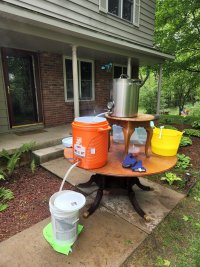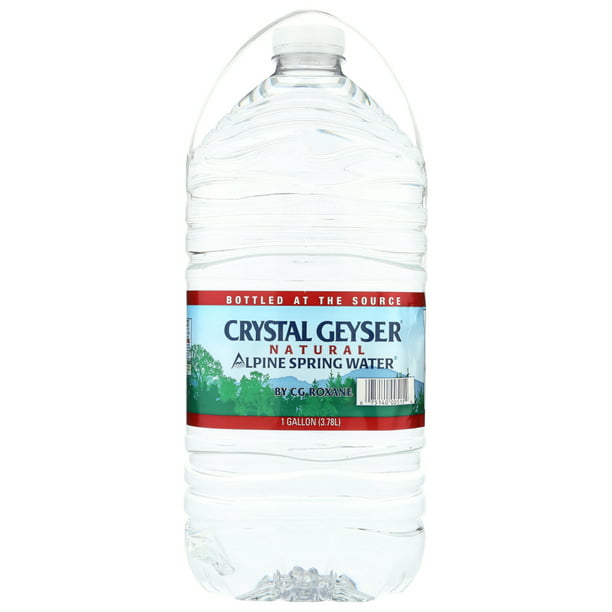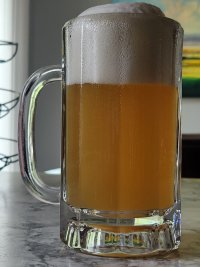youngson616
Well-Known Member
- Joined
- Mar 16, 2022
- Messages
- 138
- Reaction score
- 43
Hey Guys first AG 5 gal. batch here. Im about 10 days after bottling and the beer has a distinct grain or husk flavor that i noted when I taste tested after the OG check. I think I know the culprit.... so I messed up and mashed a gallon of water over which I boiled off at an extended boil of 90 minutes instead if 60. Maybe the over mash water did it?? Total runnings were 8 gallons, target was 7. Mash temp was 152 for 1 hour strike 162. Low OG 1.044 . Came out to FG 1.011 after 2 weeks than bottled.
Think the off flavor could mellow out more if I kept it bottled conditioned another week or weeks?
Think the off flavor could mellow out more if I kept it bottled conditioned another week or weeks?








































![Craft A Brew - Safale S-04 Dry Yeast - Fermentis - English Ale Dry Yeast - For English and American Ales and Hard Apple Ciders - Ingredients for Home Brewing - Beer Making Supplies - [1 Pack]](https://m.media-amazon.com/images/I/41fVGNh6JfL._SL500_.jpg)





















